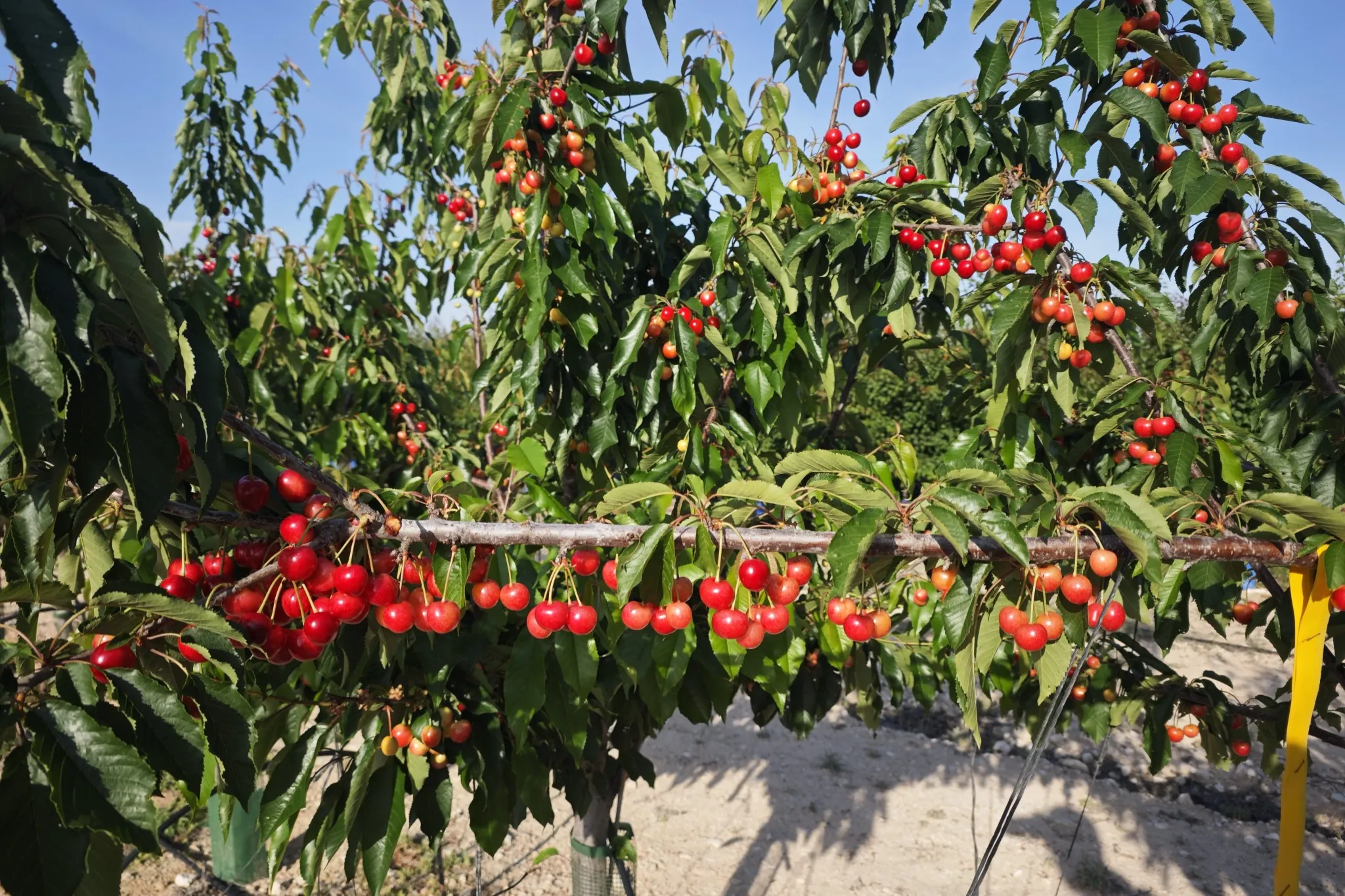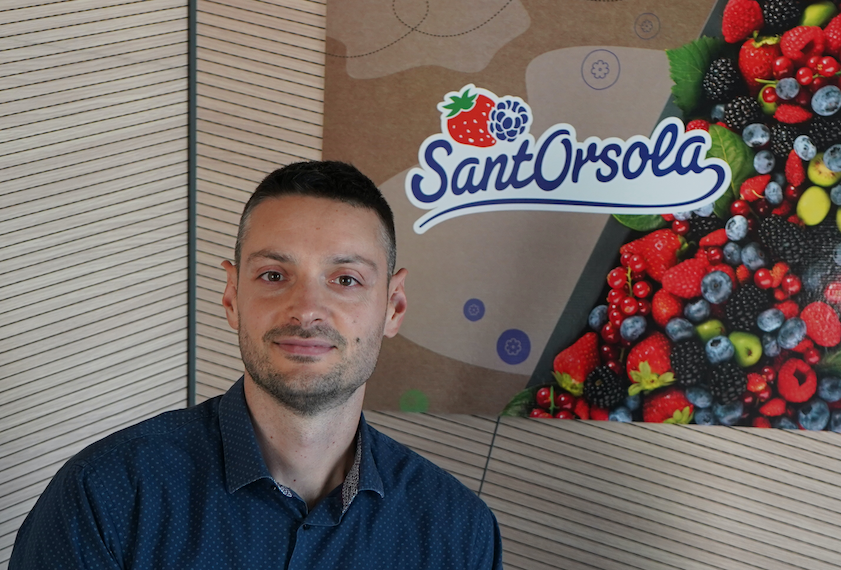The San Josè scale (Quadraspidiotus perniciosus) secondary pest mainly affects apples, pears, peaches plums; however, also cherries sour cherries cannot escape attacks by this insect. It is a parasite that sucks sap for food and introduces a toxic substance into the plant that causes localised discolouration. Moreover, the reddish spots observed on the fruit during harvesting suggest the presence of potentially harmful quantities on the trees.
However, the damage is not only limited to the fruit: if not managed correctly, the San José scale can cause the death of branches or even the entire tree within a few years. This is why it is necessary to investigate possible chemical means of controlling this insect in the field.
The aim of the study conducted at the Trevor Nichols Research Center of Michigan State University (USA) was to evaluate the effectiveness of two San Josè scale defence programmes in sour cherry; they involved the use of Sivanto Prime 200SL and flupyradifuron 300SL. The efficacy of these two treatments was compared with an untreated control and a treatment with a standard commercial product (Centaur 70WDG).
The orchard in which the experiment was conducted was located at the Fennville Experiment Station (USA), on a 13-year-old sour cherry orchard cv ‘Balaton’. Application of the test products was conducted using two methods:
- a tractor-mounted FMC 1029 compressed air sprayer, calibrated to deliver 100 gallons per acre at a rate of 2.5 miles per hour.
- a CO2-powered single-tree soil spraying system.
Before and after the soil spraying treatment, the soil was wetted with water. Sivanto 300SL was administered with a dose of 2 litres of water per tree. The following canopy maintenance applications were also carried out during the growing season: Actara, Bravo WeatherStik, Captan 80, Luna Flex and Luna Sensation. Herbicides 2-4 D, Alion, Diuron, Glyphosate and Solicam were used in a concentrated manner under the trees to manage weed growth.
A preliminary count of the number of live San Jose scale on each plot was conducted on 17 May by observing 25 shoots taken randomly. The shoots were then observed again on 20 June and 2 October using the same method as the pre-treatment count. The results are presented as the average number of scales per plot.
From these, it can be seen that Centaur was the only treatment that significantly reduced the occurrence of San Josè scale on sour cherry shoots during the 2 October evaluation, compared to the untreated control. Although the treatment programmes with Sivanto and flupyradifuron reduced the occurrence of the insect by more than 50% compared to the untreated control, the results did not show statistical significance.
The ability of the flupyradifuron treatment to penetrate the vascular system of the tree may have been slightly hampered by the unusually dry period that occurred after application, which is uncommon in Michigan. Due to the slow onset of action of the treatments, no notable differences were detected during the 20 June evaluation. Thus, research cannot be stopped: new and alternative solutions needs to be found!
Source: Amber K DeVisser, Celeste E Wheeler, Julianna Wilson, John C Wise, Control of San Jose scale in tart cherry, 2023, Arthropod Management Tests, Volume 49, Issue 1, 2024, tsad140, https://doi.org/10.1093/amt/tsad140.
Image: CABI
Melissa Venturi
University of Bologna (IT)
Cherry Times - All rights reserved










